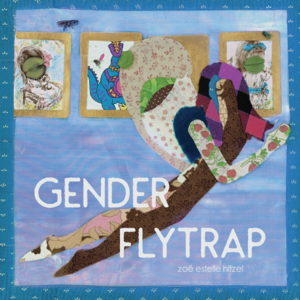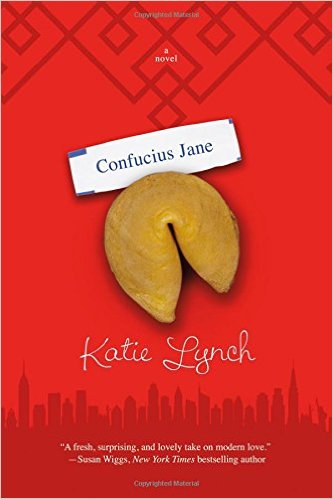For National Poetry Month I chose to read this collection I’d picked up from Sundress Publications, an independent press. It’s a fascinating collection of poems about the interconnected nature of gender, sexuality, sex, and identity.
The poems’ forms start as stanzas and lines written in fragments, but as the speaker gains a greater sense of clarity of who they are, the images and statements become more solid. A few in between bolly back and forth between this fragmented style and coherent thoughts.
It seems as though the purpose of this structure is to literally indicate the speaker’s growing anxieties and uncertainness about their gender, sex, and identity. Hitzel shows an adept hand in using and creating structure that works perfectly in conjunction with the language and emotions of each individual poem.
While the poems’ structures vary between fragmented and complete, the word choice always creates a precise and purposeful rhythm and sound. It gives the feeling that even in the most turbulent of moments of doubt, the speaker knows for certain who they are and where they stand, somewhere beneath the insecurity and anxiety.
Hitzel delivers heartbreaking lines in the simplest language, like this one:
“the television showed what it was capable of showing
and my father heard what he was capable of hearing…”
Lines like the two above depict the common way discussions and discourse about transitioning and transgender individuals are often perceived and treated. The speaker throughout the poems often analyzes and talks about others’ perceptions about their identity, and how those perceptions affect their perceptions of themselves.
In another poem, “Dial-up Internet — Diagnosis” Hitzel delivers a gut punch of emotion that anyone who’s ever questioned their identity has felt. The speaker’s tone approaches the subject from an analytical perspective but still manages to send a shock of pain to the heart.
Hitzel excels at this juxtaposition of using a neutral tone of rationale to describe the turmoil of feelings on the subject matter. The poem “Math Problem” is another standout piece that takes an analytical eye to the topic of transitioning.
The titular poem is another standout piece in the collection as the speaker delineates all the different labels and names she’s been given. Its ending line packs so much in such a matter-of-fact statement: “I appreciate how the silence calls me nothing.”
There are so many poems to choose from with powerful lines and emotional messages. It’s easy to keep flipping from one piece to the next and savoring each word. Sometimes a second and third read is necessary to fully appreciate Hitzel’s brilliant use of language and lyricism.


